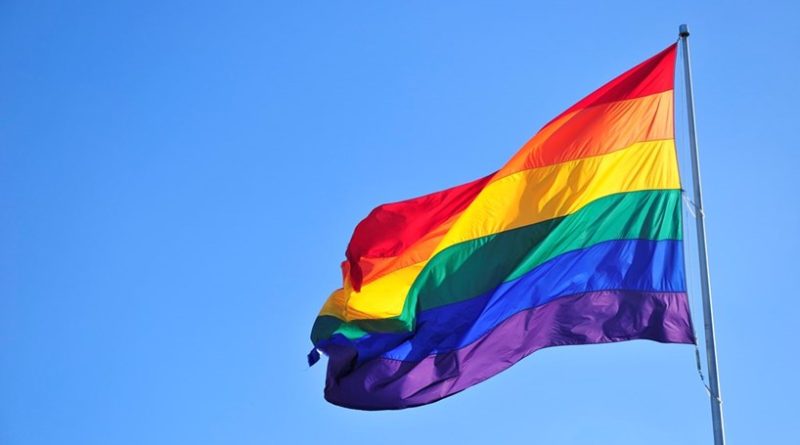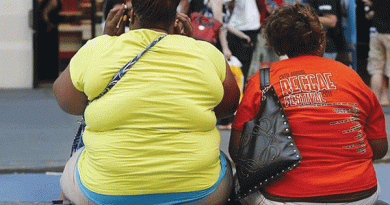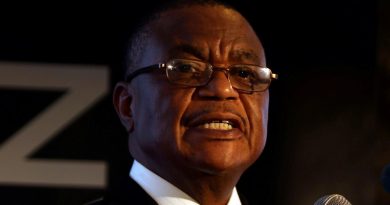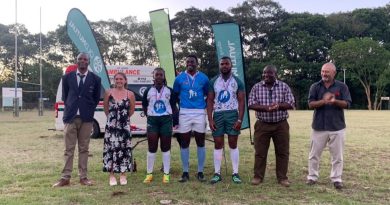LGBQTI community’s struggle for health care services
Michael Magoronga
Pain is written all over his face and has struggles sitting properly and he spends the better part of the day sleeping.
For Ntando,(not real name) life has been difficult for months now as he endures pain from a rare disease.
Condyloma, popularly know as anal warts, is common diseases among the lesbian, gays, bisexual, transgender, queer and intersex (LGBTQI) community.
Ntando, who is bisexual, has been suffering from the disease from his Kwekwe home not by choice but for fear of victimization and stigmatization associated with their minority group if they open up.
“At first, I was afraid of going to the clinic but the warts continued growing and I could not walk properly. I ended up approaching a clinic in the Kwekwe central business district but I later regretted the decision,” said Ntando.
The uncouth nursing staffers took turns to ask him a lot of questions and took turns to come take a glance at the warts while making disgusting gestures.
“I felt so bad and out of place. The situation even got worse when one of the nursing staffers broke the news to some neighbours that I was gay and I became the talk of the town. Even some people I used to hang out with were now dodging me and I was left out of place,” he narrated.
Ntando’s situation represents a number of the LGBQTI community that is ever increasing in Kwekwe and other areas.
A mining town, Kwekwe has high sexual activities as a result of circulation of money emanating from the mining activities.
The mining town is however unique in that it’s a small community where everyone knows everyone and news travels fast.
“At first, I preferred elderly sex starved women only who are monied but the gay men would offer me much more and that is how I became a male sex worker. We are there in numbers in Kwekwe and at most popular night joints, but it is not easy for us to come out in the open for fear of victimization,” he said.
But the community is also prone to a number of other diseases including HIV/Aids and other sexually transmitted infections.
According to the National Aids Council there has been a notable increase in the number of male sex workers in Kwekwe District, but because they are not free to come out in the open, it was difficult to rope them in as compared to their female counterparts.
NAC District Coordinator Ms Fadzai Mudondo said there was need to engage them so that they do not contract sexually transmitted infections and suffer in silence.
“We have noticed a significant increase in the male sex workers although they are not willing to open up. Most of them are bisexual and some gay while some prefer women only,” said Mudondo.
She said they had started engaging the male sex workers so that they can access preexposure prophylaxis (PrEP) but the response was not that positive.
“We started engaging some of them with the hope of creating peer educators so that they can get access to our services and even medical services. But unfortunately, we are getting a not so positive response but we will continue engaging them,” she said.
According to Mudondo their female counterparts are forthcoming and by the third quarter of 2022, about 64 female sex workers were accessing PrEP in Kwekwe Urban.
“We are working well with the female sex workers and that has seen the increase in female sex workers that we are working with in the district. We want to continue engaging more female sex workers as we seek to reduce chances of contracting HIV,” she said.
While the constitution is clear on same sex marriages, it is silent on relationships of that nature hence the need for societal consciousness on the subject.
This is despite the fact that the LGBQTI community constitutes 10 percent of the total population but are not free to open up due to societal norms which considers it a taboo.
Space for Marginalized Groups in Diversity Zimbabwe Trust (SMGDZ) Executive Director, Chipiwa Mugabe said access to health is for all.
“The Global political declaration targets to end HIV/Aids by 2030 and we are saying everyone should access health services for free from minority groups who are getting their services from the President’s’ Emergency Plan for Aids Relief (Pep FAR) funded clinics,” said Mugabe.
Human Rights lawyer, Munyaradzi Vengesai said access to health is for all and no one should be refused medical treatment on sexual orientation grounds.
“The Zimbabwean constitution is clear under Section 76 (1) which states that every citizen and permanent resident of the country has the right to access to basic health care services including reproductive health care services,” he said.
Zimbabwe is one of the 32 African countries out of a total of 54 where same sex marriage is outlawed.




